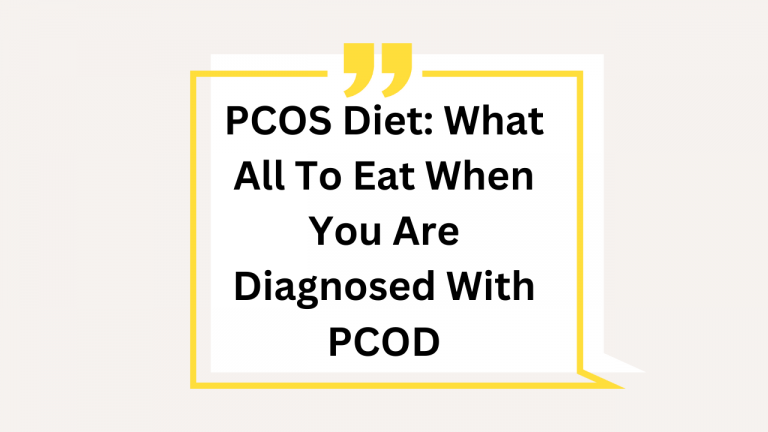Food To Improve Progesterone Levels
Progesterone is the hormone released in the second half of your menstrual cycle after ovulation. The corpus luteum produces progesterone, which is the sac that remains once you ovulate and turns into a hormone-producing gland during the luteal phase.
Progesterone is a sex hormone released from the ovaries that are vital for conceiving and maintaining a healthy pregnancy.
The word progesterone can be broken down into ‘pro’ meaning to promote and ‘gesterone’ meaning gestation or pregnancy.
Progesterone will peak after ovulation and then either remain high if you get pregnant or will drop if you do not get pregnant. This drop in hormones will then trigger the release of your uterine lining (meaning you will get your period).
For most individuals struggling with hormonal and fertility issues, low progesterone levels are the cause.
The Following foods help with maintaining adequate progesterone levels.
Nuts are great foods to increase progesterone because of the minerals zinc and magnesium.
Another food to increase progesterone is dark chocolate. Dark chocolate contains magnesium, and as previously stated, this can have a very beneficial effect on total progesterone because magnesium can lower estrogen.
Citrus fruits are a good source of Vitamin C, making them foods to increase progesterone. Leafy greens are beneficial foods to increase progesterone too. These foods contain calcium and magnesium which are the active minerals affecting progesterone.
Peppers contain high amounts of vitamin C as well as citrus. Specifically, red peppers have the highest concentration of vitamin C. This is why peppers are another one of the foods to increase progesterone.
Cruciferous vegetables include broccoli, cauliflower, cabbage, and more. These vegetables are noted as one of the foods to increase progesterone due to their estrogen detoxification effect.
Another food to increase progesterone is pumpkin seeds. These seeds are beneficial because they contain a combination of zinc, magnesium, healthy fats, and protein, which all contribute to increasing progesterone.



